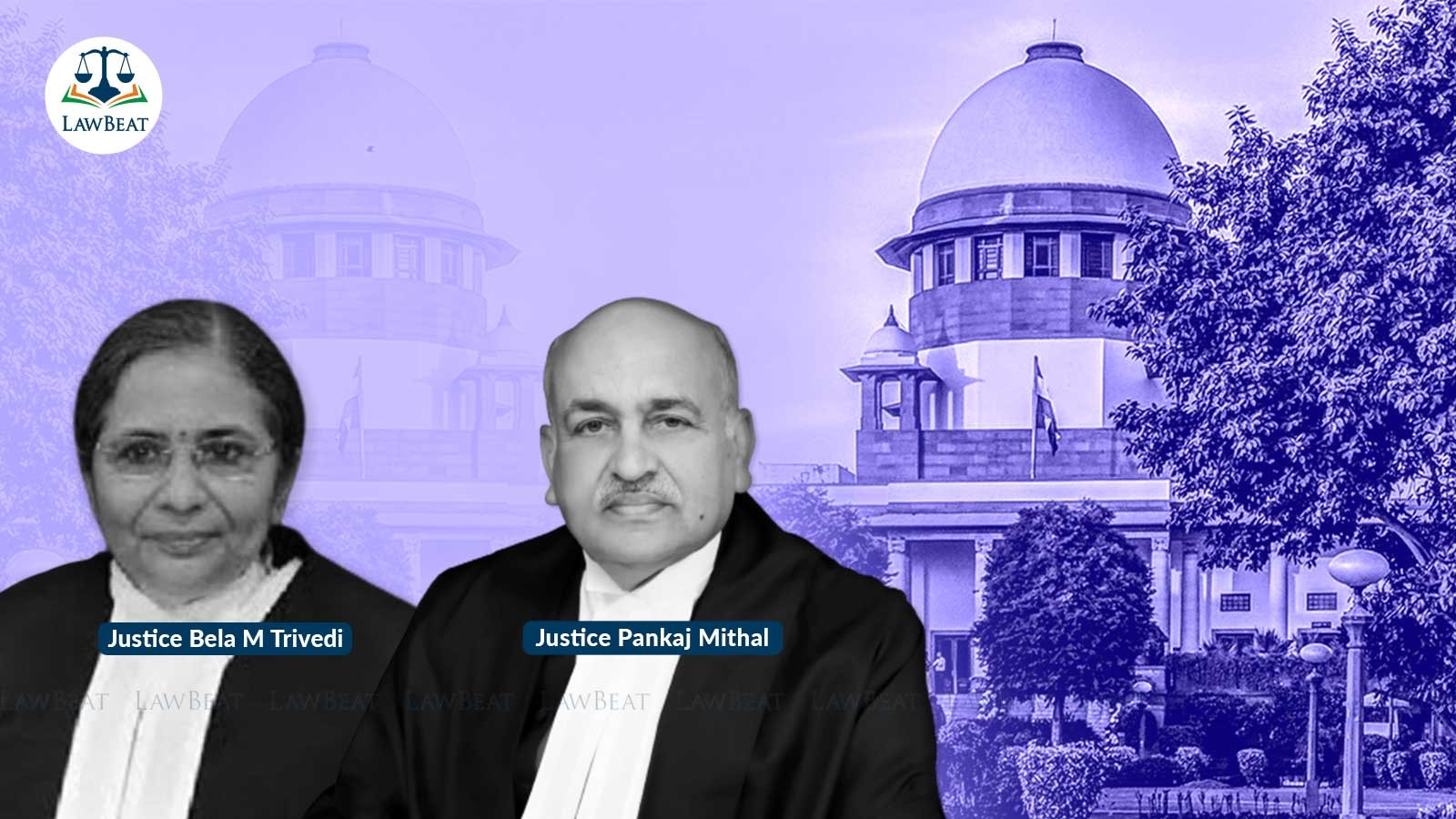Lawyers not liable for deficiency of services under Consumer Protection Act: SC

The legal profession is different from the other professions also for the reason that what the Advocates do, affects not only an individual but the entire administration of justice, which is the foundation of the civilised society, the bench has said
The Supreme Court has on May 14, 2024 ruled that a complaint alleging “deficiency in service” against Advocates practicing legal profession would not be maintainable under the Consumer Protection Act, 2019.
In a judgment, a bench of Justices Bela M Trivedi and Pankaj Mithal has held the legislature never intended to bring services rendered by professionals within the ambit of the Act.
The court said neither the “Profession” could be treated as “business” or “trade” nor the services provided by the “Professionals” could be treated at par with the services provided by the businessmen or the traders, so as to bring them within the purview of the CP Act.
Court also felt a three-judge bench decision in Indian Medical Association Vs V P Shantha and Others (1995) which brought services rendered by medical practitioners within the definition of services should be revisited keeping in mind history, object, purpose and the scheme of the CP Act.
"The fact that professionals are governed by their respective Councils like Bar Councils or Medical Councils also would not absolve them from their civil or criminal liability arising out of their professional misconduct or negligence. Nonetheless... we are of the opinion that neither the Professions nor the Professionals were ever intended to be brought within the purview of the CP Act either of 1986 or 2019," the bench said.
With this view, it has set aside a judgment by the National Consumer Disputes Redressal Commission of August 6, 2007 which had held that a complaint would be maintainable under the consumer law for deficiency of services against lawyers and advocates.
It has said a service hired or availed of an Advocate is a service under “a contract of personal service,” and therefore would fall within the exclusionary part of the definition of “Service” contained in Section 2 (42) of the CP Act 2019. The court also declared that legal profession is sui generis i.e. unique in nature and cannot be compared with any other profession.
The court further pointed out it must be remembered that the legal profession is a solemn and serious profession. It has always been held in very high esteem because of the stellar role played by the stalwarts in the profession to strengthen the judicial system in the country. Their services in making the judicial system efficient, effective and credible, and in creating a strong and impartial judiciary, which is one of the three pillars of the democracy, could not be compared with the services rendered by other professionals.
"The very purpose and object of the CP Act 1986 as re-enacted in 2019 was to provide protection to the consumers from unfair trade practices and unethical business practices, and the Legislature never intended to include either the professions or the services rendered by the professionals within the purview of the said Act of 1986/2019," the bench said.
Going by the relationship between an Advocate and his client, the court noted several unique attributes, including Advocates are generally perceived to be their client’s agents and owe fiduciary duties to their clients and they are fastened with all the traditional duties that agents owe to their principals.
Giving an example, the bench pointed out Advocates have to respect the client’s autonomy to make decisions at a minimum, as to the objectives of the representation.
"Advocates are not entitled to make concessions or give any undertaking to the Court without express instructions from the Client. It is the solemn duty of an Advocate not to transgress the authority conferred on him by his client. An Advocate is bound to seek appropriate instructions from the client or his authorized agent before taking any action or making any statement or concession which may, directly or remotely, affect the legal rights of the client," the bench said.
Thus, a considerable amount of direct control is exercised by the client over the manner in which an Advocate renders his services during the course of his employment, it pointed out.
"All of these attributes strengthen our opinion that the services hired or availed of an Advocate would be that of a contract ‘of personal service’ and would therefore stand excluded from the definition of “service” contained in the section 2(42) of the CP Act, 2019. As a necessary corollary, a complaint alleging “deficiency in service” against Advocates practising legal profession would not be maintainable under the CP Act, 2019," the bench declared.
The court also noted comprehensive provisions are contained in the Advocates Act, 1961 and the Bar Council of India Rules framed thereunder, to take care of the professional misconduct of the Advocates, and prescribing the punishments if they are found guilty of professional or other misconduct by the Disciplinary Committees of the State Bar Council or the Bar Council of India as the case may be.
